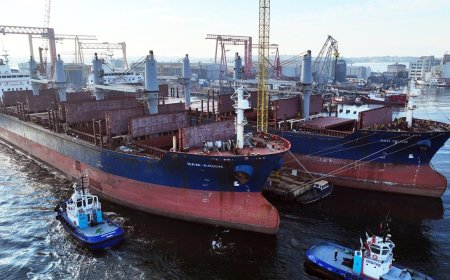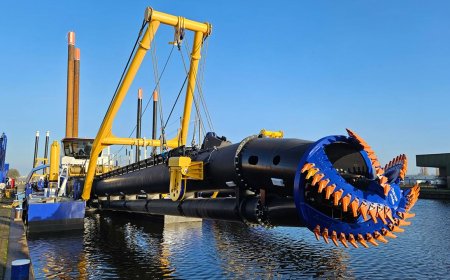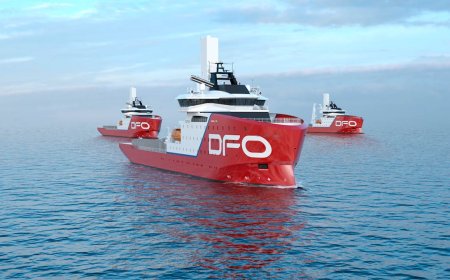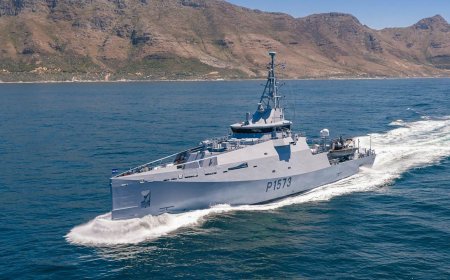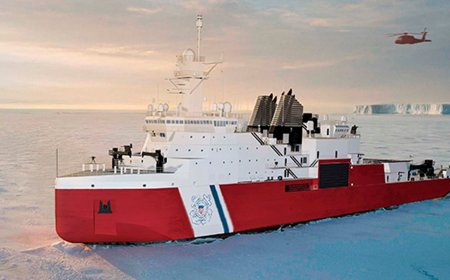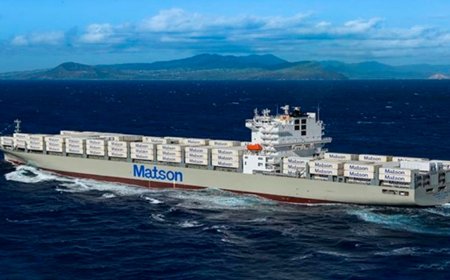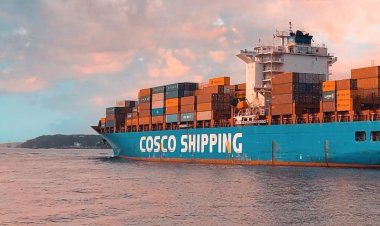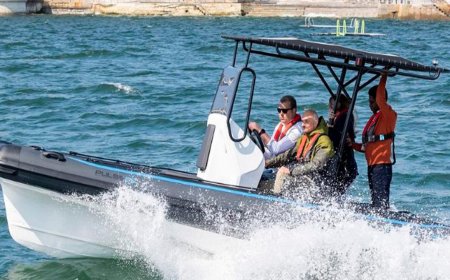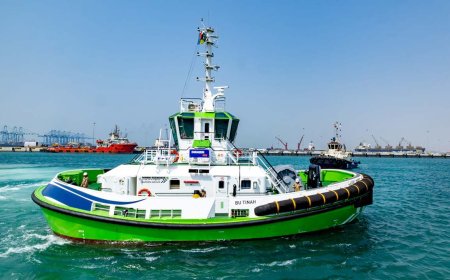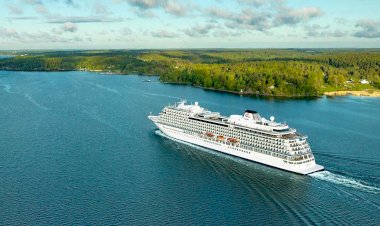AI-powered ship operation support system developed by Swedish consortium
A group of Swedish technology entrepreneurs and researchers from Chalmers have joined forces to develop an AI-based system for executing the most energy-efficient sea voyages.
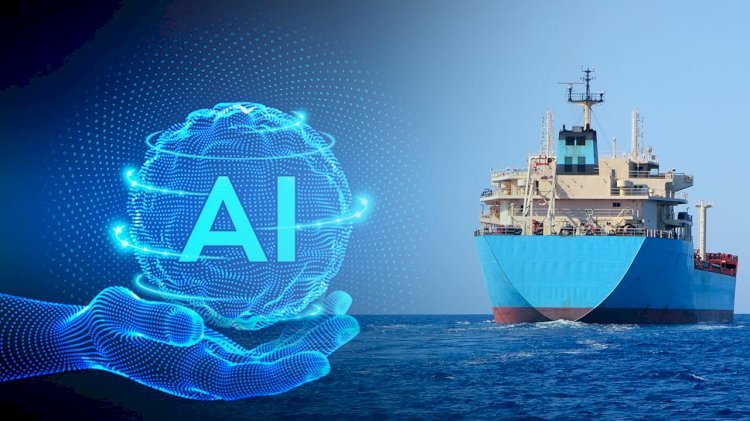
Swedish ship propulsion optimization experts, Lean Marine and AI-application developers Molflow have been collaborating with academics from the Chalmers University of Technology in Gothenburg to develop a new AI-powered, semi-autonomous system for planning and executing more energy-efficient sea voyages since the project commenced in August 2020. The project goes by the name Via Kaizen and is funded by the Swedish Transport Administration.
The technology available in the companies enables a high degree of digitization and automation in vessel operations. The systems optimize the propulsion line dynamically, in real-time, based on orders given by the AI system that has been developed. Data collected from the AI system and other signals on-board are then fed into a cloud-based performance management platform which shares information with other systems. With "Deep Learning" technologies, the systems will then be able to determine, given the constraints of the route and the ship, the most energy-efficient voyage and calculate the commands that need to be set to reach the destination with the least possible amount of fuel consumed.
Linus Ideskog, development manager at Lean Marine, says that when the perfect simulated journey is determined, their system steps in and creates an interface between the captain and the AI-based solution for travel planning.
Linus Ideskog says:
"This gives human and machine the opportunity to collaborate and carry out the journey in an optimal way. The system can automatically and directly optimize the propulsion machinery based on commands given by the captain or received directly from the AI-solution."
From an academic perspective, naval architect researchers at the Chalmers University of Technology are working in close collaboration with Lean Marine and Molflow on the development of new methods, models, and algorithms.
Wengang Mao, professor at the Division of Marine Technology at the Department of Mechanics and Maritime Sciences, says:
“In this project, we at Chalmers will develop dynamic ship speed-power performance models by combining theoretical naval architecture knowledge with AI to predict the dynamic time series of a ship’s propulsive power when the ship is encountering different wind and wave conditions.”
Researchers from social anthropology and human factors at Gothenburg University and Linnaeus University are conducting research on what happens to practices onboard and ashore as the new technology is implemented. The Swedish Shipowners’ Association is also participating in the project, providing vital insights and input from the Swedish shipping industry and by contributing to the dissemination of research findings and development information to the Swedish maritime industry.
In addition to the project partners, a trio of ship owners and operators are involved in the project, including chemical/product tanker owner and operator, Rederiet Stenersen and pure car and truck carrier (PCTC) owner and operator, UECC. By offering their vessels for technology and product validations, they will enable onboard testing, and the results will be directly evaluated within the scope of the project.
Mikael Laurin, CEO of Lean Marine, says:
“We believe this project will contribute considerably to the reduction of emissions both from international and domestic transportation, importantly making Swedish shipping more sustainable and competitive in the long-term.”
